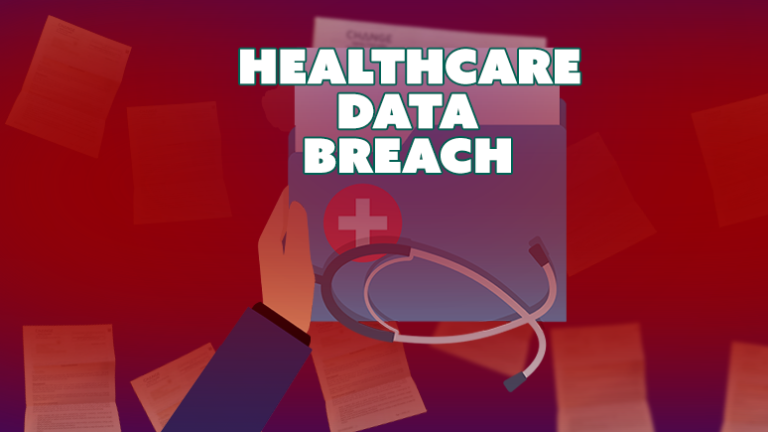Hi there. Yeah, I’ve gotten a few emails from you guys recently about a health data breach that you’re all concerned about. Here’s just a few examples. Our viewer Marie says she got a notice of a data breach in the mail from Change Healthcare. Can you tell me if this is true? Our viewer Karen also emailed me. She wants to know if the letter she got in the mail from Change Healthcare about the data breach is real. We got a letter in the viewers booth too. Is this a scam? Is there more? But you get the gist of it. All I can say is this. Yes, this breach is real. It’s legit, and it’s big. Change Healthcare is still investigating the extent of it. But the CEO told Congress in May that one-third of Americans could be affected. I’m sure there are a lot of you who haven’t heard of Change Healthcare? But it’s owned by UnitedHealth Group, and they process 15 billion health claims every year. So it’s a big company. The breach first came to light in February, but they started sending letters to affected people at the end of July, and they’ve been distributing them ever since. That’s why some of you are only now getting your pennies. Healthcare providers say personal information, including health information, payment information, and social security numbers, may have been exposed. So what should you do now? Start by reviewing the statements you receive from your healthcare provider. Whoever your healthcare provider is, they may be operating behind the scenes, even if they don’t say “pennies” at the top of your statement. You should also review your bank and credit card statements to see if there is any unusual activity. You should also monitor your credit report. I’ve said this before, but it bears repeating. You are entitled to receive a free *** credit report every week from the three major credit bureaus: Experian, Equifax, and Transunion. It used to be only once a year, but last year they changed it permanently to once a week as a preventative measure. You can also freeze your credit. I do. Freeze your credit and that’s all it takes to open it up. If I’m going to buy a *** car, or you’re going to buy a *** house, you can temporarily unfreeze it and freeze it again, and no one can get in. Ok, I have a way to do that. Plus, my website, Rawson reports.com, has easy links to all of this, and a lot more tips, and if you have any questions for me, feel free to email me here at Rawson responds at hearst.com and I’ll go through it all and get back to you.
Rossen Report: Protect yourself after Change Healthcare’s data breach
Many people have contacted The Rossen Report after receiving letters about a data breach at Change Healthcare. The breach is legitimate. Change Healthcare, owned by UnitedHealth Group, processes 15 billion medical claims annually and discovered the breach in February. The company began sending letters to affected individuals at the end of July. According to Change Healthcare, the breach may have exposed personal information, including health information, payment information, and Social Security numbers. To protect yourself, check your health care provider, bank, and credit card statements for unusual activity. Monitor your credit report, which is available for free every week from Experian, Equifax, and TransUnion. You can request a free credit report at AnnualCreditReport.com. As an extra precaution, consider freezing your credit. You can request a freeze online, by phone, or by mail. Detailed instructions for freezing your credit can be found here. Have a question for Jeff Rossen? He answers consumer questions every Friday in a new segment, “Rossen Answers.” Email your questions to RossenResponds@hearst.com Want bonus content and exclusive offers? Sign up for our free newsletter at RossenReports.com
Many of you have contacted Rossen Reports after receiving letters in the mail about the data breach at Change Healthcare.
The data breach is legitimate. Change Healthcare, a UnitedHealth Group subsidiary that processes 15 billion medical claims annually, discovered the breach in February. The company began sending letters to affected individuals in late July.
Change Healthcare said the breach may have exposed personal information, including health information, payment information and Social Security numbers.
To protect yourself, check your medical, bank and credit card statements for any unusual activity. Monitor your credit report, which is available for free each week from Experian, Equifax and TransUnion. You can request a free credit report at AnnualCreditReport.com.
As an extra precaution, consider freezing your credit. You can request a freeze online, by phone, or by mail. Detailed instructions for freezing your credit are available here.
Have a question for Jeff Rossen? He’ll answer consumer questions every Friday in a new segment, “Rossen Answers.” Email your question to RossenResponds@hearst.com. Want bonus content and exclusive offers? Sign up for our free newsletter at RossenReports.com.


